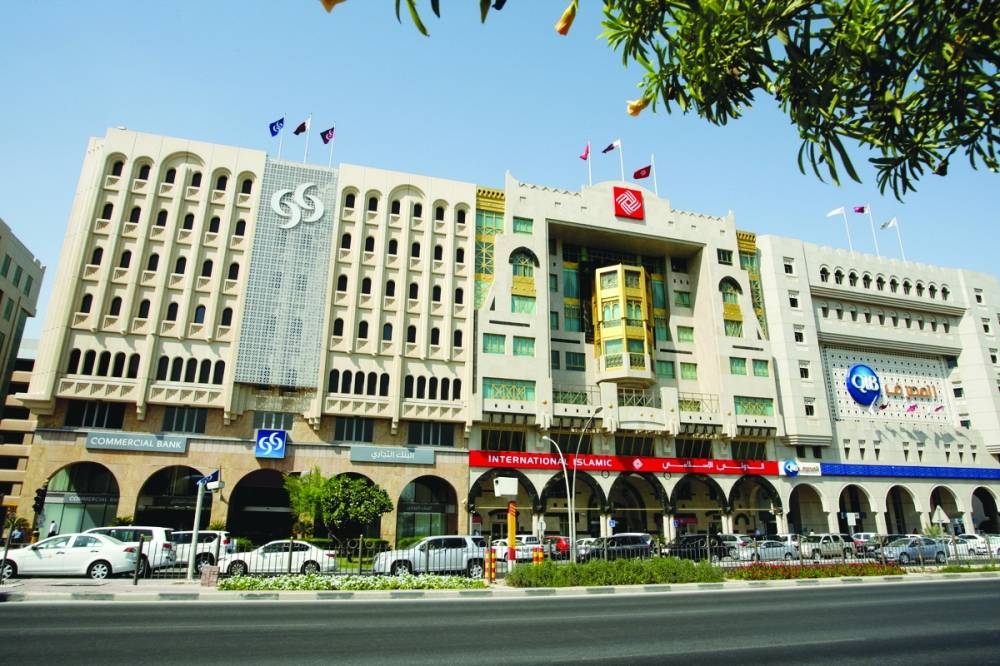Qatar’s retail banking revenues are slated to see a compound annual growth rate (CAGR) of 7.8% in 2021-26, a steep rise from 2.7% from 2016-21, according to a new report by Boston Consulting Group (BCG).
The Gulf Co-operation Council (GCC) economies are expected to see an 8.8% CAGR within the same period to 2026, BCG said in the report.
The report 'Global Retail Banking 2022: Sense and Sustainability' reveals that one-quarter of retail banks surveyed globally report that ESG is a primary focus area for their digital transformation, and another 38% say that ESG (environment, social and governance) is a key criterion in selecting and prioritising digital transformation initiatives.
In addition to ESG, through the five years from 2021 to 2026, payments, mortgages, and deposit products are likely to drive banking revenue growth in the GCC retail banking sector.
An accelerated pace of digital payments and e-commerce adoption in the wake of Covid-19 will further benefit payment revenue growth.
"For sustainability to gain momentum, it must expand its presence in ESG strategies that are beyond the current setup and be in favour of consumer needs and preferences. That means driving more incentives towards the adoption of sustainable customer behaviours, which will only result in realising Qatar’s National Vision 2030,” said Bhavya Kumar, Managing Director and Partner, BCG.
In addition to promoting sustainable behaviours by customers, banks, in particular, can shape the sector and the country’s leap forward through ESG-related products, he added.
“To ensure continued success, banks must constantly strive to look to markets where they have unique advantages to create offerings and build business models to drive green growth in alignment with Qatar National Vision 2030,” said Martin Blechta, Principal, BCG.
“ESG in banking is very much a credit portfolio review and there is a significant first mover’s advantage – whereby, banks that start this activity ahead of competitors have more choice to prioritise the right clients, according to him.
"As they consider a redirected future, retail banks must adapt to changing consumer preferences and utilise digital tools and technology to craft solutions that will fulfil customers’ needs in new and sustainable ways while advancing the overall ESG agenda," he said.

